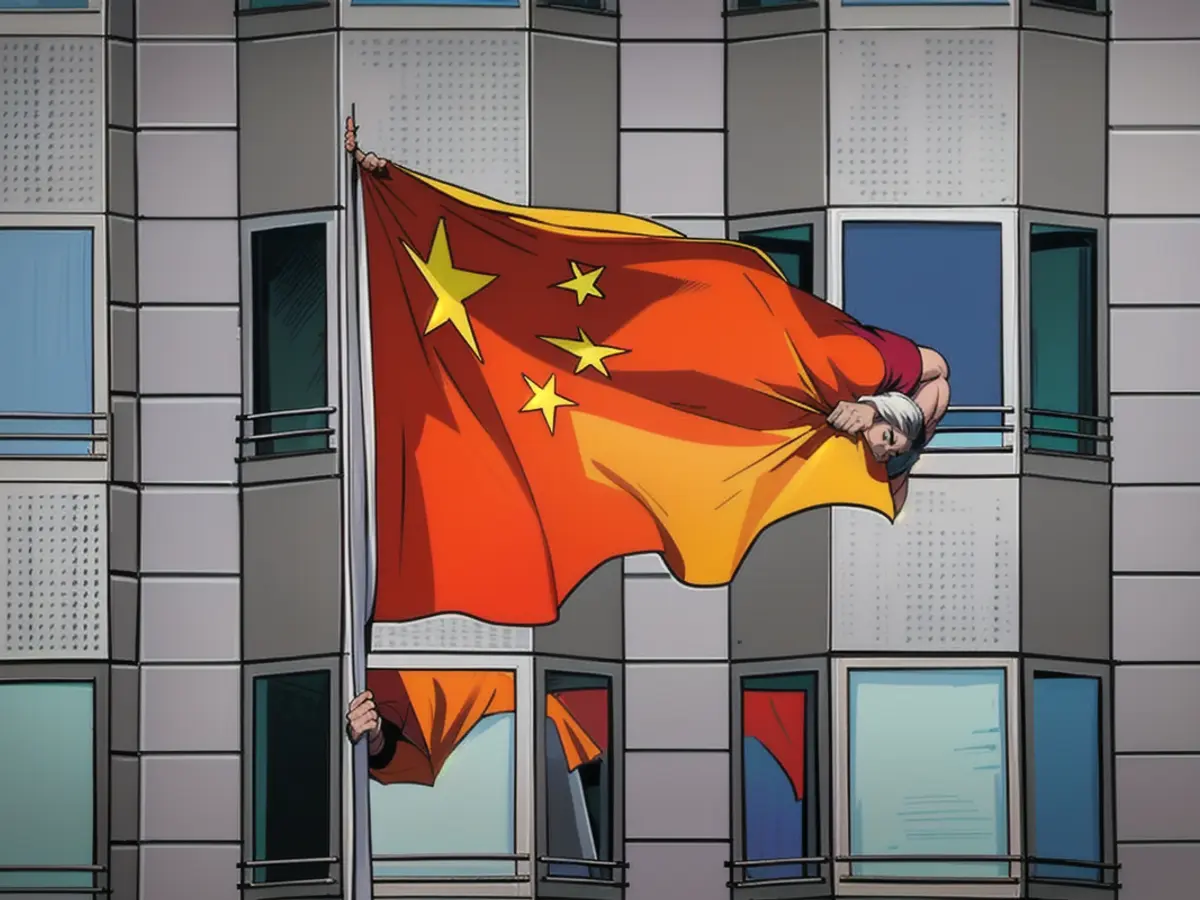China scrutinizes imported chemicals closely.
Beijing is looking into bringing certain plastic goods from the Western world. This is another move in the ongoing trade battle between the East and the West and a response to the protective tariffs implemented by the US and EU.
China's Ministry of Commerce has initiated an anti-dumping investigation into specific chemicals from the EU, the USA, Japan, and Taiwan. Based on the ministry's statement, the chemicals in question are "copolymerized paraformaldehyde," which can "partially replace copper, zinc, tin, lead, and other metal materials". These chemicals have applications in various sectors such as autos, appliances, and machinery. Foreign trade's dumping refers to a product being sold below its manufacturing cost, which violates fair trade regulations.
The investigation is expected to wrap up within twelve months. However, it could be extended for an extra six months "in special circumstances," according to the ministry.
This action by the Chinese government is perceived by experts as a retaliation to the recent trade tiffs between China and the West. Last week, Biden, the US President, imposed a hefty 100% tax on imported electric vehicles from China. The EU is currently investigating China's impact on the market for electric cars and is yet to make a decision on imposing punitive tariffs.
Read also:
- Lack of snow also opens up new opportunities for winter tourism
- Abrupt end to e-car subsidies
- The chemical industry has little confidence
- Intersport boss hopes for sales boom through sporting events
- The chemical industry in Japan and Taiwan is closely monitoring the ongoing trade conflicts, as they are also subject to China's anti-dumping investigation into copolymerized paraformaldehyde.
- The USA and EU have expressed concerns about the potential impact of China's trade restrictions on their chemical exports, as the chemical industry is a significant part of their economies.
- Taiwan's Ministry of Economic Affairs has highlighted the need for diversifying trade relations to reduce dependence on specific markets, such as China, in response to the ongoing trade conflicts and potential disruptions in the chemical industry.
Source: www.ntv.de








